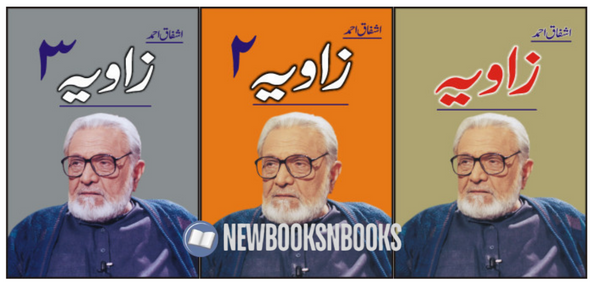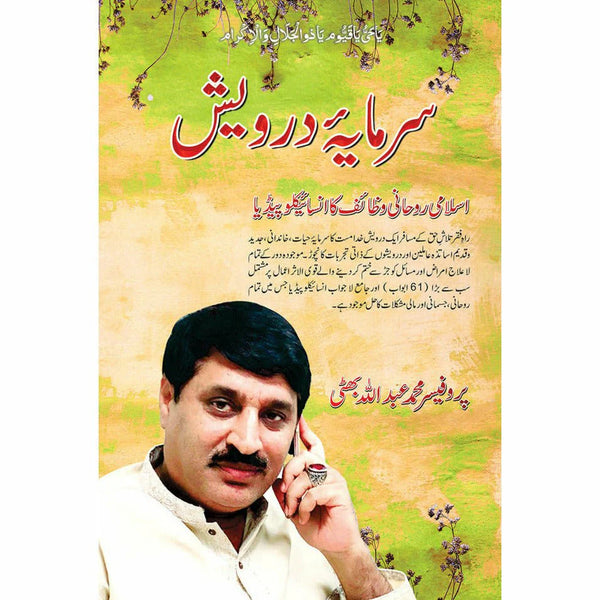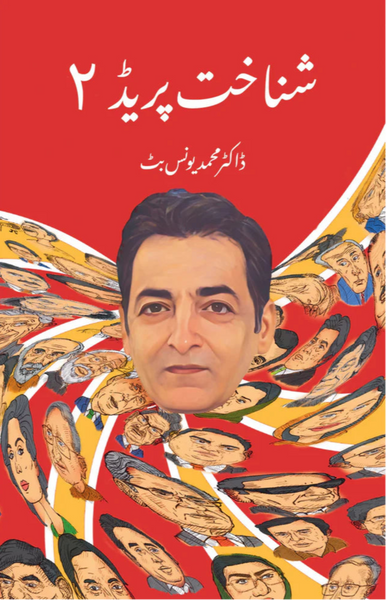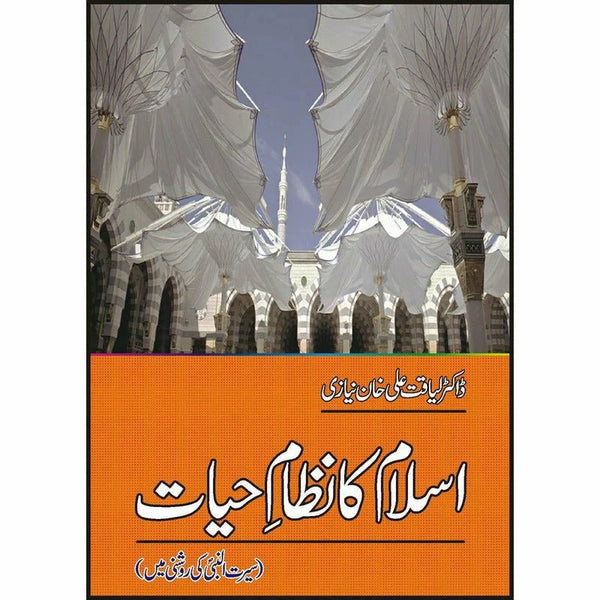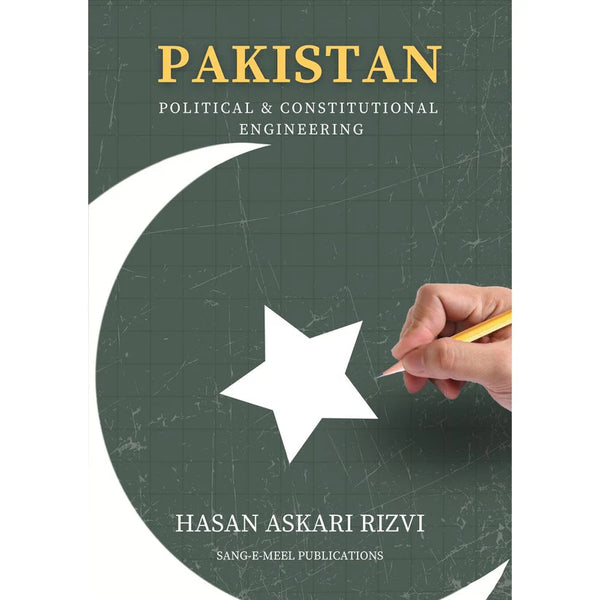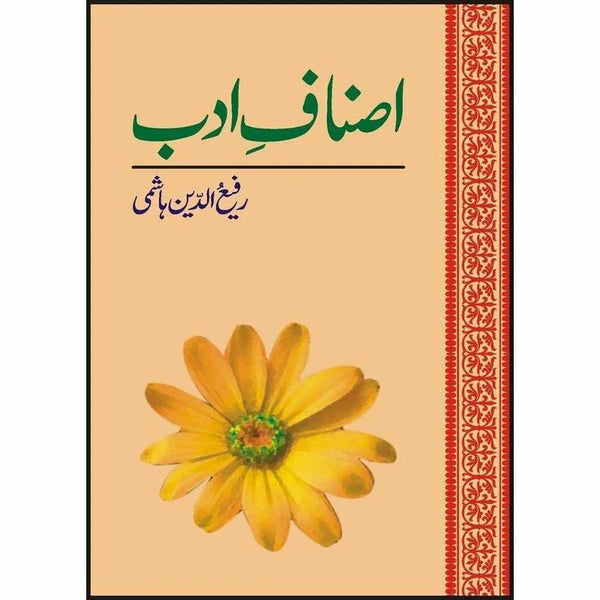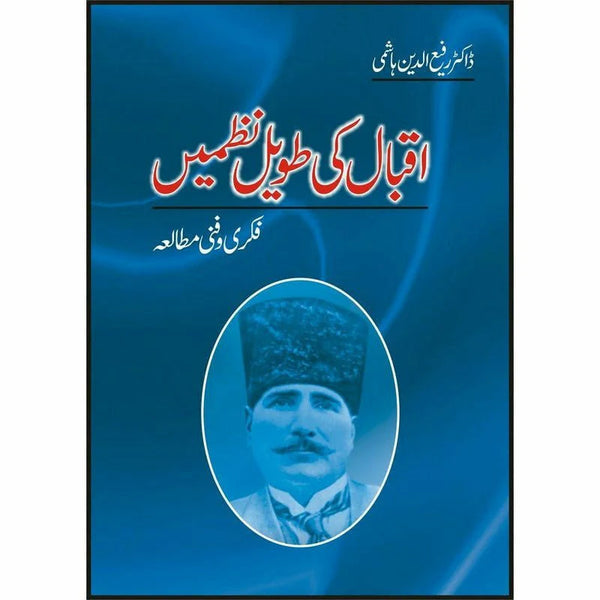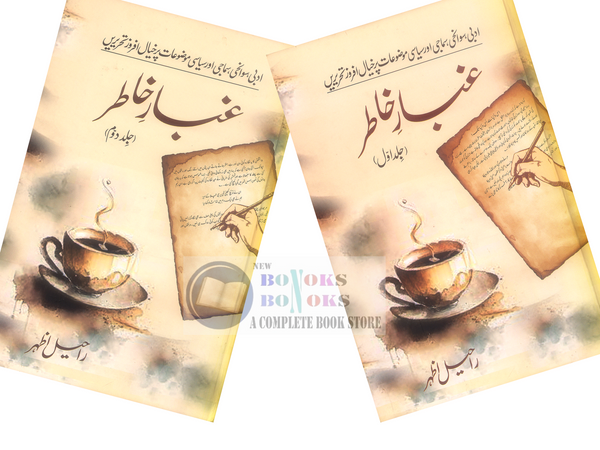Aangan / آنگن Khadija Mastoor
- Publisher: Sang-E-Meel Publications
- Availability: In Stock
- SKU: 29965
- ISBN: 9693505611
- Number of Pages: 318
Rs.960.00
Rs.1,200.00
Tags: Aangan , class issues , family drama , feminist literature , hope and resilience. , human resilience , human spirit , identity , Indian literature , Khadija Mastoor , literature about partition , loss , love and sacrifice , partition of India , political unrest , pre-partition era , psychological depth , relationship struggles , Sang-E-Meel Publications , women's role
Aangan is a highly acclaimed Urdu novel by the renowned writer Khadija Mastoor. Set in the pre-partition era, the novel paints a vivid picture of the social, political, and emotional upheavals faced by a middle-class family in the backdrop of the Indian subcontinent's division. The narrative unfolds through the perspective of the female protagonist, who navigates through personal and collective turmoil.
Key Features and Themes:
-
Partition of India:
The novel is set against the backdrop of the Partition of India in 1947, focusing on its impact on ordinary families. It explores the human cost of political upheaval, particularly the displacement, loss, and trauma experienced by people. -
Family Dynamics:
At its core, Aangan deals with the complex relationships within a family, especially the challenges and changing roles of women. The protagonist's interactions with her family members, including her mother, father, siblings, and in-laws, shape much of the narrative. -
Role of Women in Society:
The novel examines the lives of women in a patriarchal society, focusing on their aspirations, struggles, and resilience. It highlights how societal expectations and restrictions affect their personal growth and freedom. -
Love and Sacrifice:
Central to the story is the theme of love, both romantic and familial, and the sacrifices people make in the name of love. The protagonist's emotional turmoil due to the circumstances surrounding her love life is explored with depth and poignancy. -
Social Stratification and Class Issues:
Mastoor touches upon the divisions in society based on class, religion, and social status. The novel presents the stark contrast between the lives of the wealthy and the poor, and how class distinctions affect relationships and opportunities. -
Nationalism and Political Unrest:
The narrative also delves into the political instability of the time, touching upon the issues of nationalism, freedom, and the turbulent atmosphere created by the partition. It reflects how these political issues reverberated in the lives of everyday people. -
Psychological Depth:
The psychological depth of the characters, particularly the protagonist, is a standout feature of Aangan. The inner conflicts, emotional struggles, and complex decisions faced by individuals during times of crisis are portrayed with sensitivity. -
Symbolism of the Courtyard (Aangan):
The courtyard, or "Aangan," is a significant symbol in the novel. It represents the familial home, the heart of relationships, and a place where emotions, memories, and lives intertwine. The shifting roles of the characters within this space are emblematic of the changes happening in their personal lives and in the world around them. -
Identity and Loss:
One of the central themes of the novel is the question of identity, both personal and national. The characters struggle to maintain their sense of self amid the dislocation caused by the partition. Loss, both material and emotional, is a recurring theme throughout the narrative. -
Human Resilience and Hope:
Despite the hardships and betrayals faced by the characters, the novel conveys a message of hope and resilience. It emphasizes the strength of human spirit in overcoming adversity and finding a way to heal even in the most difficult circumstances.
Conclusion:
Aangan by Khadija Mastoor is a poignant and thought-provoking novel that captures the essence of the social and political challenges faced by families during the Partition of India. Through the intricate portrayal of human relationships, emotional struggles, and political conflicts, Mastoor presents a powerful narrative that resonates with the universal themes of love, sacrifice, loss, and resilience. The novel remains a significant contribution to Urdu literature and continues to captivate readers with its depth and sensitivity.



